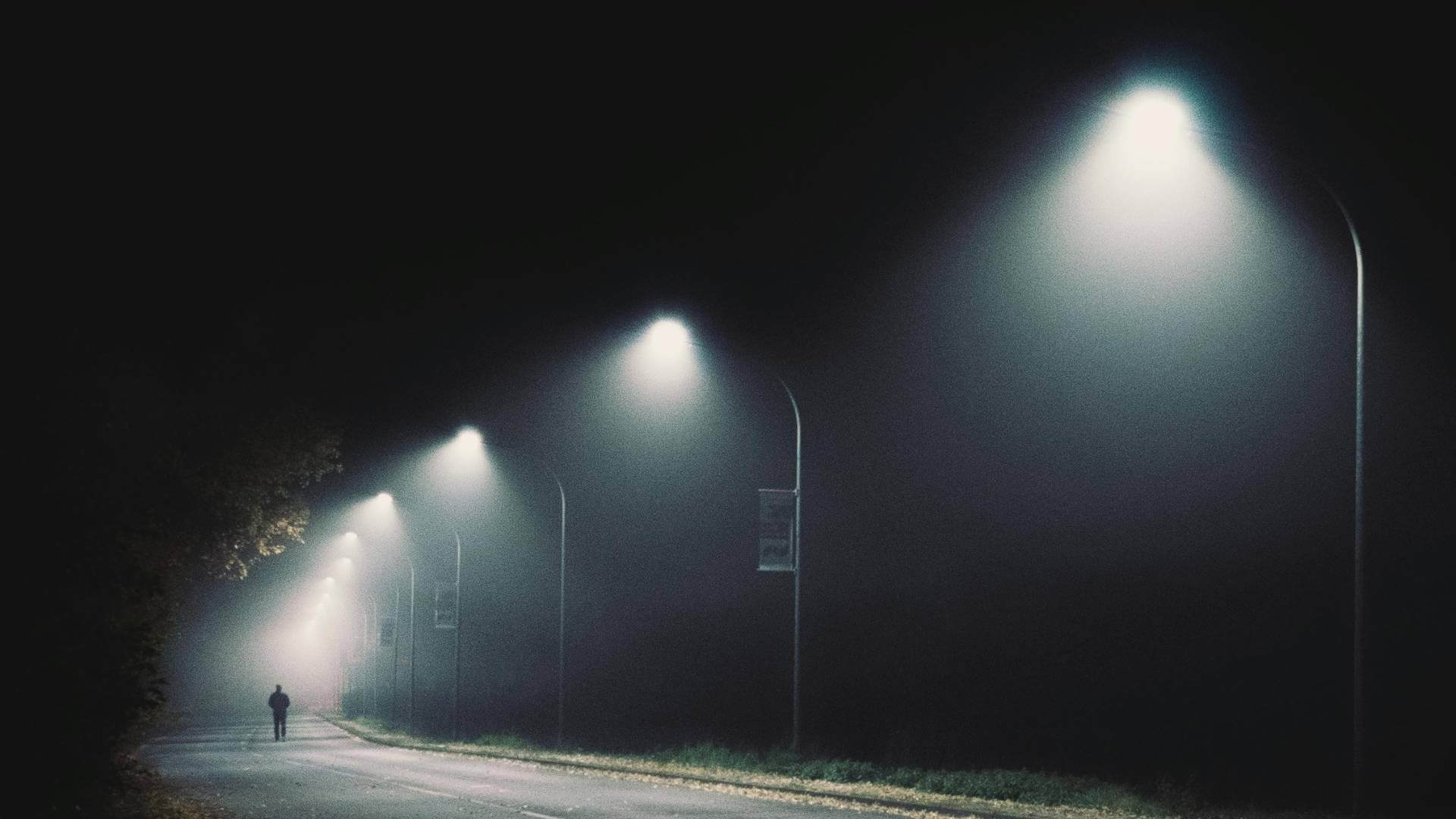Why Some Cultures Ban Whistling at Night


Far from being a mere casual sound, nighttime whistling often carries deep symbolic weight, rooted in ancient superstitions, folklore, and practical concerns. These intriguing beliefs highlight fascinating cultural nuances and the enduring power of tradition.
Attracting Evil Spirits

In many cultures, particularly in parts of Asia, Latin America, and Eastern Europe, whistling at night is strongly believed to summon malevolent spirits, ghosts, or other supernatural entities. This folklore warning suggests that the sound acts as an invitation, disturbing the peace of the spirit world and potentially drawing unwanted attention.
Inviting Dangerous Animals

For communities living close to nature, like those in rural parts of Southeast Asia or Africa, whistling at night is thought to attract snakes or other predators. The high-pitched sound might mimic prey or disturb their natural environment, posing a real danger to residents. This belief combines superstition with practical safety.
Summoning Misfortune

Across diverse cultures, including some in Eastern Europe and the Philippines, whistling indoors at night is seen as a direct invitation for bad luck or financial misfortune. It’s believed to “whistle away” one’s money, good fortune, or prosperity. This common whistling superstition is meant to ward off negativity and maintain household harmony.
Disturbing the Dead

In cultures that highly revere ancestors, such as in parts of China or some indigenous communities, whistling at night is considered disrespectful. It’s believed the sound might disturb the peace of the deceased or even provoke ancestral spirits. This highlights the intricate connection between daily actions and spiritual reverence.
Calling Unwanted Human Attention

In historical or rural contexts, particularly in places with less security, whistling at night could reveal one’s location to thieves, enemies, or other undesirable individuals. This practical concern has often morphed into a superstition, making it a warning against drawing dangerous attention after dark.
Manifesting Bad Weather

Among some maritime communities or agricultural societies, whistling at night is believed to invoke powerful winds, storms, or other adverse weather conditions. Sailors and farmers might avoid it to prevent damaging gales or ruinous rains, reflecting a deep respect for natural forces and a fear of disrupting them.
Seen as Idle or Undesirable Behavior

In certain more traditional or strict communities, whistling at night might be deemed a sign of idleness, laziness, or a lack of seriousness. It’s not necessarily supernatural, but a frowned-upon behavior that goes against the norms of quiet reflection or productive rest after sunset.
Breaking the Sacred Silent Night

In many cultures, particularly those valuing contemplation or ritual, nighttime is considered a period of quietude, reflection, or even spiritual activity. Whistling might be seen as an unnecessary noise that disrupts this sacred silence, disrespecting the sanctity of the night itself and its natural harmony.
A Rule at Night

These powerful whistling superstitions are more than just old wives’ tales; they are deeply ingrained societal rules reflecting ancient fears, spiritual reverence, and practical wisdom.